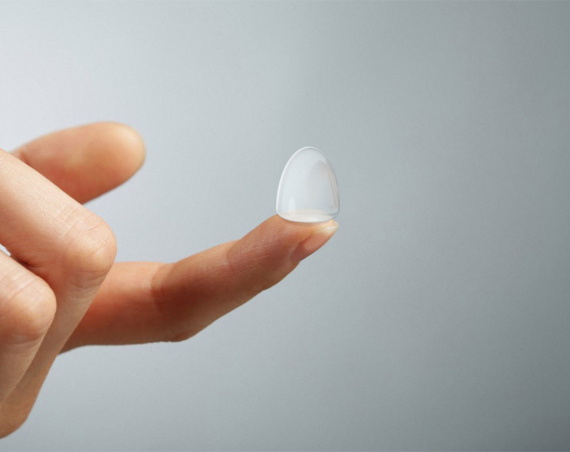
New York-based fertility startup Gameto has announced positive data from a 40-patient study demonstrating the efficacy of its lead product, Fertilo, a technology designed to mature eggs outside the body with significantly fewer hormone injections than traditional IVF. The evaluation showed that Fertilo, which uses lab-engineered ovarian support cells (OSCs) derived from human-induced pluripotent stem cells (iPSCs), significantly enhances in vitro maturation (IVM) outcomes compared to standard treatment.
According to the company’s findings, eggs matured with Fertilo were more likely to develop properly, with a 70% maturation rate compared to 52% using standard IVM. Once matured, these eggs were also more likely to be fertilized and produce blastocysts.
The rate of producing euploid blastocysts – embryos with the correct number of chromosomes and a higher likelihood of resulting in a healthy pregnancy – was 10% per egg with Fertilo, compared to only 2% with standard IVM.
These results translated into meaningful clinical outcomes. Fertilo-supplemented cycles resulted in a 44% pregnancy rate after the first transfer, more than double the 20% achieved with conventional IVM. Of the 40 participants in the study, which was conducted in Mexico and Peru, 15 ongoing pregnancies have been reported – 13 from Fertilo treatment and two from standard IVM.
“It offers a better option for women, same-sex couples, and anyone planning to start or grow their family,” said Dr. Dina Radenkovic, CEO and Co-Founder of Gameto. “We’ve built an end-to-end solution that puts patients first, reducing the physical and emotional burden of traditional IVF. We’re proud to be advancing a technology that reflects today’s families, and we look forward to expanding access to Fertilo in our U.S. pivotal study and globally.”
The traditional IVF process requires patients to self-inject high doses of hormones for 10-14 days to stimulate their ovaries to produce multiple eggs. As reported by Wired, these injections can cause side effects including mood swings, headaches, bloating, and in rare cases, a potentially serious condition called ovarian hyperstimulation syndrome. Gameto’s approach aims to reduce these burdens significantly. Patients take hormones for only 2-3 days before egg retrieval, after which the eggs are incubated with the company’s engineered ovarian support cells for about 30 hours.
The company has launched a larger Phase 3 trial in the United States to further evaluate Fertilo’s efficacy compared to traditional IVF methods. Fertilo has already been approved for use in Australia, Japan, Argentina, Paraguay, Mexico, and Peru.
One birth resulting from the technology has already been reported in Peru, with a second expected in late April or early May.



